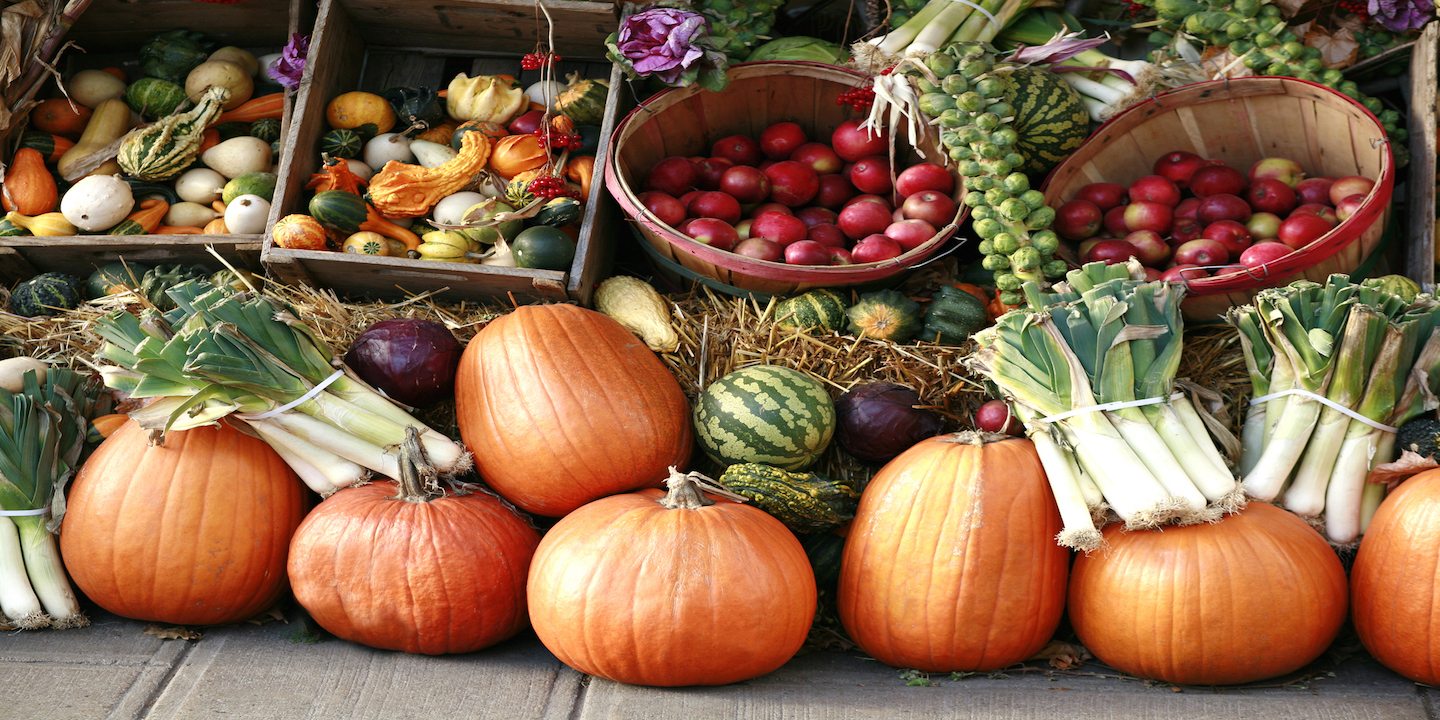As the Holidays approach it is usually hard to avoid overindulging, over drinking, under sleeping and over stressing! Routines may go out the window to make way for holiday parties, last minute shopping or hosting family. On average people gain 1-2 pounds during the holidays and while this doesn’t sound like much, if we are not careful these 1-2 pounds can start to accumulate. Our liver and gut also tend to take a beating this month which ultimately suppresses our immune system and ability to detox. I want to share some simple tips and reminders to keep you on track with your health.
1. Remember it is a Holi-DAY not Holi-MONTH!
Even though your holiday parties may have already started or coworkers are bringing holiday baking to the office, be careful not to overindulge throughout the whole month and reserve that to the actual holiday you are celebrating. Cave into small cravings but keep a mental record of how many sweets or drinks you’ve had that day or week. Writing it down could be helpful. Festive alternative could be pomegranates or clementines and don't forget that there are actually health benefits to eating a few pieces of dark chocolate!
2. Find Balance!
Holding out for the party food this evening and avoiding calories during the day? That is setting you up for disaster as you will be starving when you actually get there and end up eating much more than your body needs. I suggest sticking with balanced meals throughout the day and even eating something small before a party to avoid the ravenous hunger hands. For example, an omelet with veggies in the morning, a protein shake or bar late morning, a healthy salad or soup with hummus and crackers for a late lunch, then a handful of almonds before the party. Sound delicious?!
3. Don’t stray from your Routine.
I say it time and time again, our body LOVES routine and when we stray from that for late nights out, or missed exercise for family or shopping our body suffers. I see this leading to fatigue, depression, weight gain etc. Commit to a brisk walk, a 20 minute HIIT workout or yoga in the morning to start your day off on the right foot. Exercising on an empty stomach can help boost metabolism and aid in weight loss. Try to head to bed at a decent time as well even though I know another Christmas movie is tempting. You may want to try magnesium bis-glycinate, melatonin or cortisol reducer to help you sleep, which I carry at the clinic.
4. Save your Gut.
For those bigger holiday meals we don't want to avoid try boosting enzymes and stomach acid to aid in digestion and prevent bloating. Some things that could help are a basic digestive enzymes, bitters in liquid tincture form, or simply sipping on apple cider vinegar before your meal. These things will help with detoxification as well! If you have strict food sensitivities, stick with them as best you can to ensure you feel well for the rest of your holidays.
5. Day after support.
I am not immune to a few too many drinks over the holidays but I make sure to support my body before and after. If you are heading out to a holiday party, think about drinking more clear liquids instead of heavy booze and sugary drinks. The less sugar the better. Enjoy cocktails? Have 1 then switch to something lighter. During that night be sure to drink plenty of water. For food, instead of reaching for greasy food the next day, make yourself a big salad filled with healthy greens, cruciferous veggies and fat, such as olive oil, nuts and seeds, or avocado. Some supplements I suggest the day before and after are B vitamins, liver support and antioxidants!
6. Pamper yourself!
There are 2 reasons I suggest this. One is to ensure stress levels do not rise too high, which suppresses our immune system. The other is to aid in detoxification after our Christmas cocktails. Find a hot sauna (infrared is best), a hot yoga class, take a hot bath with epsom salts, or invest in a dry skin brush to create a mini spa experience before jumping in the shower. These ideas increase circulation, sweating and ultimately detoxification - they are relaxing as well!
There you have it, my top solutions to survive the holidays and support your body! Any questions, let me know!
Happy Holidays!
Dr. Karen






